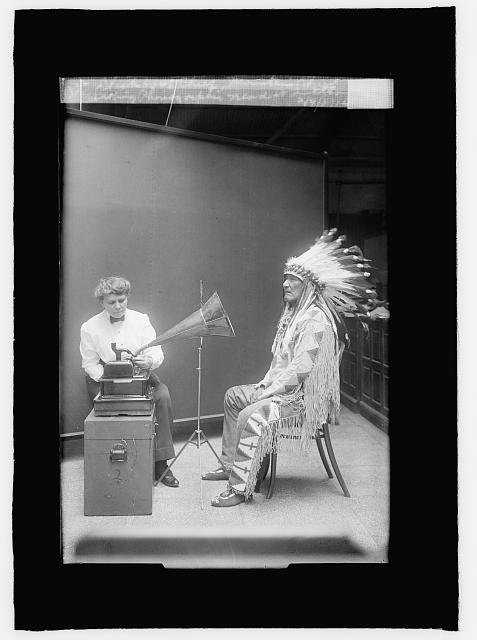young academics expected to fair in this claustrophobic environment – teaching, researching, administrating, publishing, applying for yet another short-term contract, andbeing some kind of media darling? There are no easy solutions but many have found that fostering new research subjects, realising that you’re not in direct competition with everyone, exploiting the intellectual gaps left after decades of disciplinary protectionism and a willingness to make the most of new technologies, to be fantastic ways to reach a bigger audience, demonstrate the relevance of their research to others and to have a meaningful impact on the formation of public opinion.
Many of the podcasts that Pod Academy produces feature young academics that are making the most of the speed, simplicity and flexibility of academic audio. Pod Academy has also teamed up with Engentia to provide media training. As part of the OPEN course, we have seen graduates and early career academics start the day in a room of strangers and end that day having conceived a new collaborative project, planned, recorded and edited a podcast, and then broadcast that podcast to everyone for their feedback. Our work with Engentia is meant to help others make a pleasurable noise about their work, giving advice on how to develop academic research for a non-specialist audience, along with instruction on how to use recording devices and editing software, and how best to utilise the free resources that are available online.
Many are rightly cautious that ‘going public’ in this way might simply distract from the basics – doing research and pursuing more recognised research outputs. The success of Nigel Warburton’s Philosophy Bites or René Wolf’s Backdoor Broadcasting shows that there is a huge quantity of fascinating, academically-driven audio out there, much of it complementary to the seminars, papers, chapters and books that academics must write to survive. Moreover, the success of the OPEN programme has shown how producing podcasts is far from being a mere distraction. Podcasting hones invaluable skills in communication and collaboration, it can allow new ways to express research findings and reach audiences that may not have access to university libraries or journal subscription services. Podcasts are by no means a magic bullet for those squaring up to funding cuts and government assessment, but they open up new ways of communicating just how interesting academic research can be.



Subscribe with…